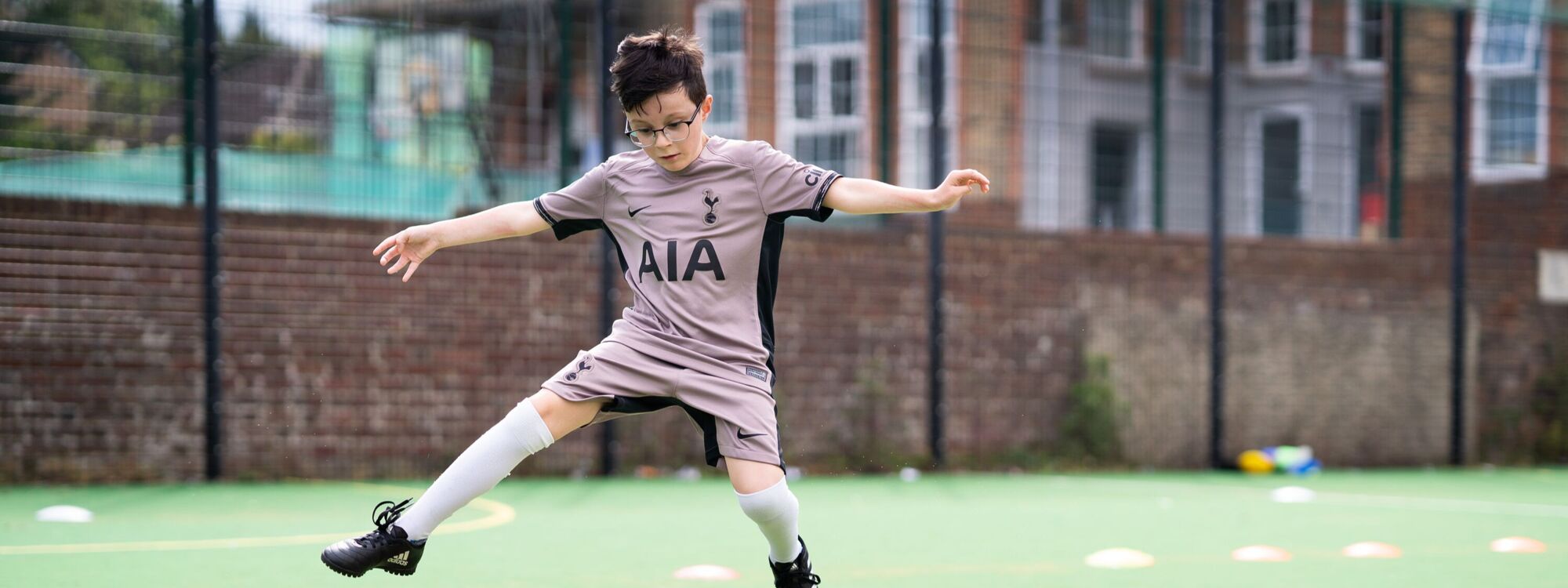PE
Napier Primary Academy Physical Education.
Intent
Napier Primary Academy is committed to promoting the health and well being of its pupils and staff through physical activity. Our curriculum strives to maximise opportunities for children, young people and all associated with the school to be physically active by promoting all avenues for activity. This includes the curriculum, environment and wider community. Our aim is to prepare and support pupils towards healthy and active lifestyle choices for their future mental and physical well-being.
The intent of Physical Education (PE) at our school are that all children:
- adopt an active lifestyle and understand the benefits it provides
- develop a range of sporting skills across the national curriculum, including swimming
- are physically active for sustained periods of time
- engage in a range of competitive sports and activities
- lead healthy, active lives
- understand the importance and effect of exercise and being healthy
- develop a sense of fair play and a sporting attitude
- enjoy sporting activities and have fun, developing resilience and perseverance
Implementation
The PE programme is taught by class teachers, Miss Beaney and coaches from MFSE with the exception of swimming. This is taught by specialised swimming instructors in year 4. Each child will receive the following ACTIVE PE time per week:
- Foundation Stage: 1 hour x 2 lessons, 30-60 mins per day of active play activities.
- Year 1 and 2: 1 hour x 2 lessons, 30-60 mins per day of active play activities.
- Year 3 and 4: 1 hour x 2 lessons, 30-60 mins per day of active play activities, 10 x 30 minute swimming lessons.
- Year 5 and 6: 1 hour x 2 lessons, 30-60 mins per day of active play activities.
Planning: The school scheme of work operates on a 1 year scheme, and is based on the progressive learning objectives outlined in the complete PE scheme of work. In both key stages we teach gymnastics, dance, games and athletics with the addition of outdoor adventure activities in key stage 2.
In the Foundation Stage, activities to support learning from the areas of ‘Physical Development’ and ‘Creative Development’ in the Early Learning Goals are planned daily.
Extra curricular provision
Break times / lunch times We have recently added markings to the playground in order to stimulate children at playtimes. Children are encouraged to throw and catch at play, and are provided with balls and equipment. Each year group has their own playground equipment to play with at lunchtimes. The children are responsible for monitoring their equipment (stored in a box) and handing equipment out to their friends. In addition, children are encouraged to use the MUGA at lunchtime to take part in organised activities. This is a popular option at lunch.
MFSE provides lunchtime activities and set up games and active activities for children to participate in. Extra equipment has been brought to cater for this.
After school clubs
We aim to encourage all pupils to take part in a range of clubs, and involve them in deciding the clubs we put on offer. Registers of clubs are kept to identify those who do not take part in (extra) regular exercise. Targeted clubs and opportunities are created at lunchtimes to encourage participation.
A range of other clubs are also offered; these may include gymnastics, KS1 ball skills (early morning club), netball or hockey. Competition Pupils take place in a range of intra-school and inter-school competitions organised through the Howard school Partnership.
MFSE offer extra curricular football clubs that are externally paid for directly to MFSE. These clubs are on offer to all year groups.
Monitoring and evaluating
The physical activity co-ordinator will have lead responsibility for the monitoring of physical activity in the school. All teachers and lead coaches are responsible for assessing the children against the unit aims.
When children leave Key Stage 1 we expect them to be able to:
- master basic movements including running, jumping, throwing and catching, as well as developing balance, agility and co-ordination, and begin to apply these in a range of activities
- participate in team games, developing simple tactics for attacking and defending
- perform dances using simple movement patterns.
When children leave Key Stage 2 we expect them to be able to:
- use running, jumping, throwing and catching in isolation and in combination
- play competitive games, modified where appropriate, and apply basic principles suitable for attacking and defending
- develop flexibility, strength, technique, control and balance
- perform dances using a range of movement patterns
- take part in outdoor and adventurous activity challenges both individually and within a team
- compare their performances with previous ones and demonstrate improvement to achieve their personal best.
In addition, we have the key swimming targets:
- swim competently, confidently and proficiently over a distance of at least 25 metres
- use a range of strokes effectively
- perform safe self-rescue in different water-based situations.
| General Documents |
|---|
| PE Curriculum Overview |
